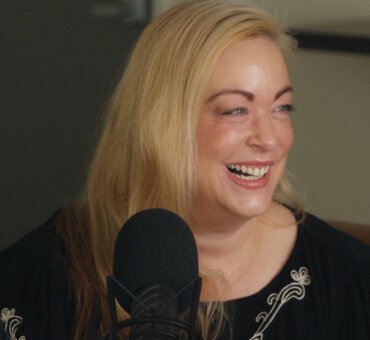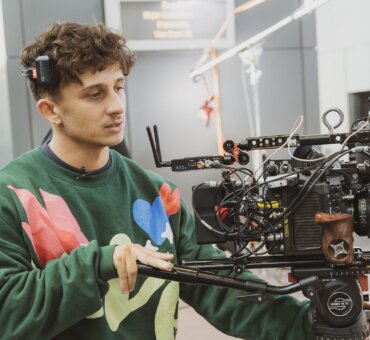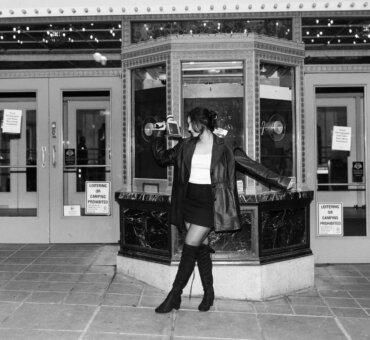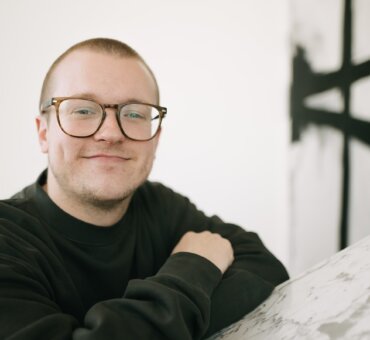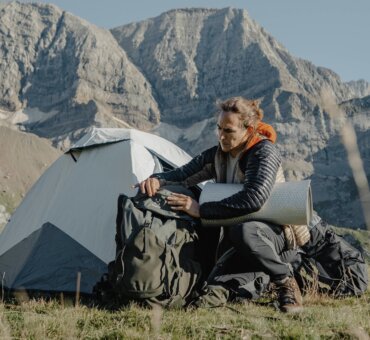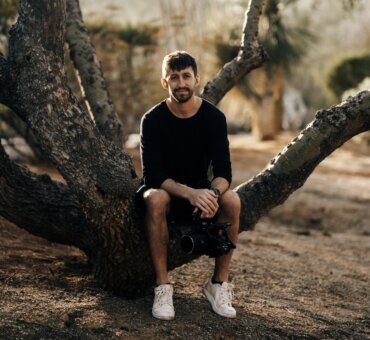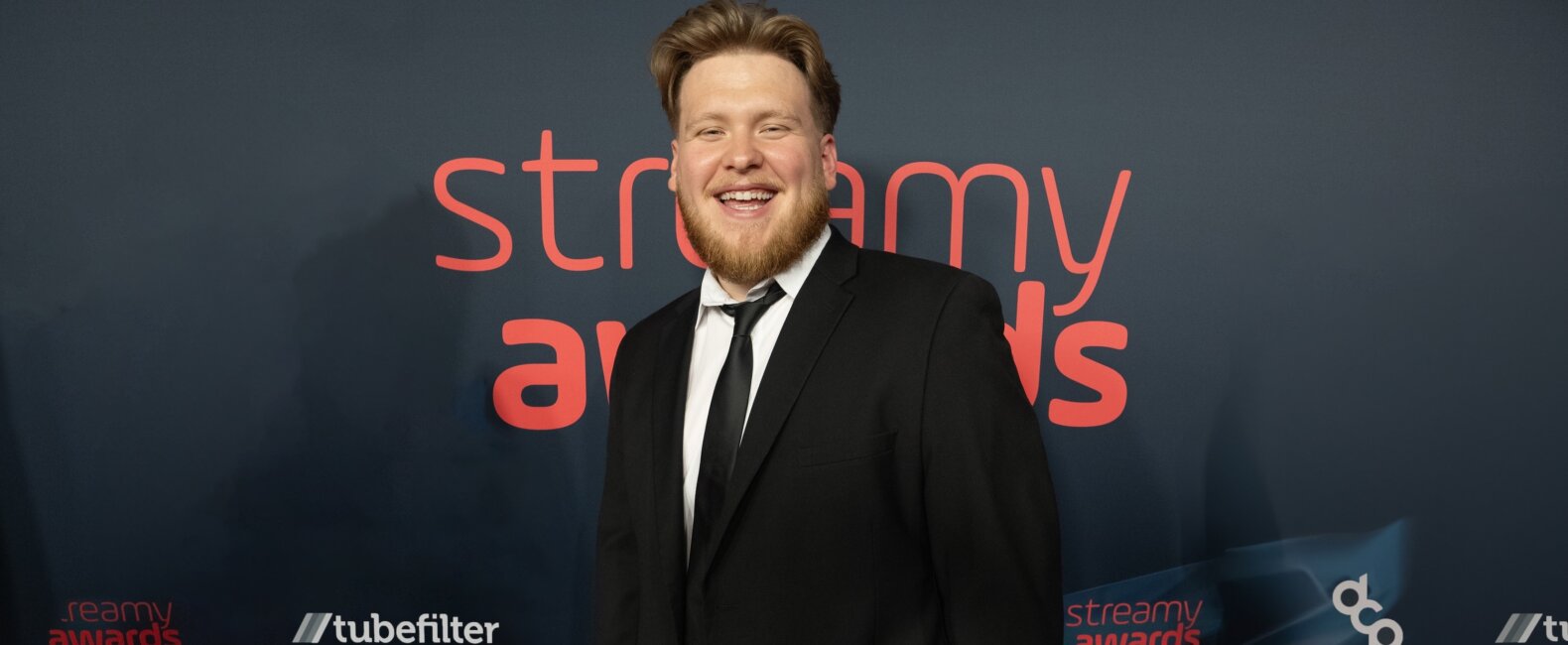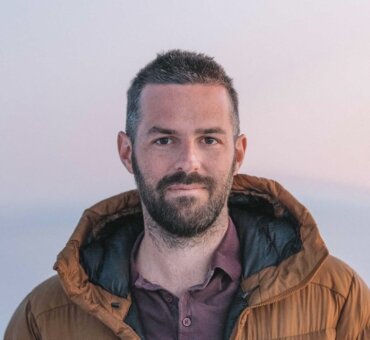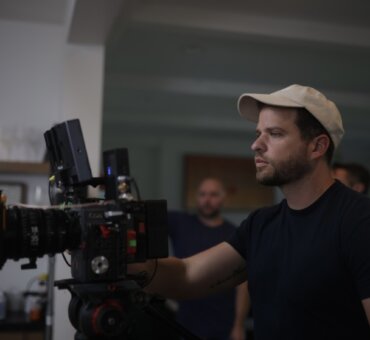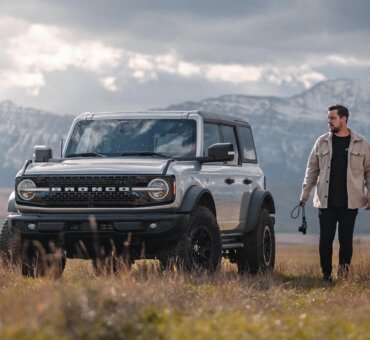As the professional editor and storytelling director for vlogger/skateboarder Kelly Wakasa, Wyatt Dobson delivers evocative content that garners millions of views worldwide. Read his interview to learn more about his creative process and how he uses Musicbed to find music that forges strong connections with audiences.
Musicbed: What sparked your passion for filmmaking/storytelling?
Wyatt Dobson: I think I originally took an interest in storytelling when I was in elementary school. I was given a creative writing assignment and it sparked my love for storytelling. I loved writing so much that outside of school I wrote a full-length book at the age of ten. At the same time, my dad was teaching me photography which I also began to love. It took a few years but at some point it clicked that I could combine these two passions of mine, writing and photography into one, which was filmmaking. From there, YouTube became my source of creativity and learning. This jump-started my entire career at the age of 13.
What keeps you motivated and creatively inspired?
What keeps me motivated is my goals. I always have a set of long-term and short-term goals that I am actively trying to achieve. Something that I will remind myself of every day is that one day I will be old and look back at my life, and I don’t want to live with regret. This fuels me to work as hard as I can. I often turn to my peers to be creatively inspired. I consume a lot of YouTube content and there are so many great creators on there making incredible videos. Just seeing how good people are at filming, editing and VFX inspires me to be the best possible.
What makes a story visually appealing? What role does music play in storytelling?
To have a visually appealing story you need great cinematography and unique shots. I always love to see a camera angle that I’ve never seen before. The shots you grab can really help elevate your story. It can be as simple as the angle at which you film your subject. If you are aware of where you are placing your camera and what the shot is conveying to the audience, you will be a better storyteller.
What elements do you think are essential for crafting a compelling story?
The most important element of a story is change. You need something to change over a three-act structure, otherwise, what is the point of telling the story? I want to see growth from the characters. This is something I try to implement in all of my YouTube videos. The beginning of the story should always offer context and present a problem, that way at the end of the story I can bring back the original theme and resolve it in a way that shows change and leaves an impact.
How important is music in your work?
Music might be the most important thing in my work. I use it to craft the emotions in my story that will resonate with and compel the audience to feel what the story is meant to convey. Often, I will chop up a song and make it fit to the rhythm and pace of my video so that certain parts of the song will hit on certain story beats. It is one of the elements of editing that I spend the most time on. A song can make or break a video and how it is perceived.
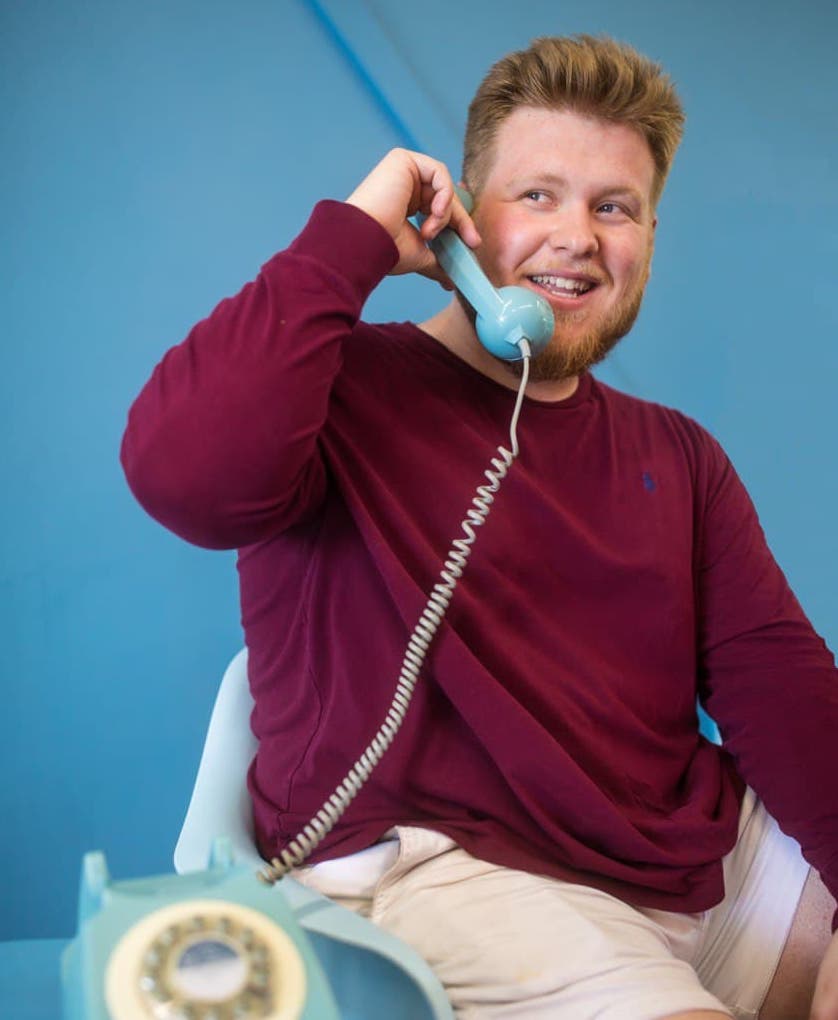
What advice would you give other filmmakers/creators who are just starting their careers?
My advice to new creators is to never give up. If this is something you truly want, be ready to spend years of your life working tirelessly on a dream that sometimes feels impossible. Block out all of the noise from people telling you to not pursue this dream. It is a grind, but worth it in the end. In addition to that, never stop learning. YouTube is your best friend. There are tutorials on whatever you want to learn out there and YouTube is an incredible resource to get started. There are so many aspects of creating that get overlooked, so be prepared to learn a lot of new information so you can grow into a great content creator. Lastly, even if your work is bad in the beginning, who cares? Post it anyway and go create a new video. You will learn the most by repetition, the more videos you make the better you will get.
How do you find the balance between pushing boundaries creatively and delivering what your client wants or audience wants to see?
It’s important to do both. When you first receive a project, ask the client in depth what they are looking for, and make sure to do everything they ask. But they are hiring you for a reason, they trust your vision and like your work. So don’t be afraid to put your own spin on things, as long as it does not compromise their vision. At the end of the day, if they end up not liking what you did, you can always change it on the next revision.
What is the most challenging aspect of being a filmmaker/creative?
Personally, the hardest part of being a creator is the grind to make this into a career. It is not for the faint of heart and will take years of sacrifice in some cases. I spent over 10 years working and building up my skills so I could one day go full-time and make this my career. It was not easy. However, it is so rewarding once you finally make it. The best advice is to keep pushing and never give up. I know it’s cliche, but you just have to trust the process.
What’s your favorite project that you’ve worked on? or What are some of your favorite projects you’ve worked on?
My favorite project I’ve worked on has to be the video I did with Kelly Wakasa titled I spent 24 Hours With The World’s Tallest Man. This video features some of my best work to date. I think my storytelling abilities really shined through in this video. The story just has so much depth to it. As I was editing I felt like I was uncovering hidden pieces of the story that I had to bring to light, so that’s exactly what I did. The video took me well over 100 hours to edit, but it was worth every second because we ended up being nominated for a Streamy Award in Best Editing for it.
How do you search for music on Musicbed? What are some tips that you’d give other filmmakers to search on Musicbed?
My favorite way of searching for music on Musicbed is to actually go into songs that I’ve previously downloaded and look at the suggested songs underneath them. I always find some hidden gems that work perfectly for the project that I’m working on. I also love the “advanced tab” because I use the BPM and Build incredible search parameters. Even the “browse songs” on the homepage is a great feature that I use often. It is normally the first place I go when I start looking for songs.
Why do you utilize Musicbed in your work?
Musicbed has some of the best music from a subscription service that I’ve ever heard. The music on the website has a cinematic feel that helps elevate my videos to the next level. I am always able to find the right track and plug it into my work seamlessly. Musicbed also makes it super easy to get clearance for songs on my videos. SyncID works flawlessly and has never given me issues. Overall, I view Musicbed as a tool that I can’t work without now that I have it.
–
Explore a curated playlist of Wyatt’s favorite music to use in his edits—available to license only on Musicbed.


